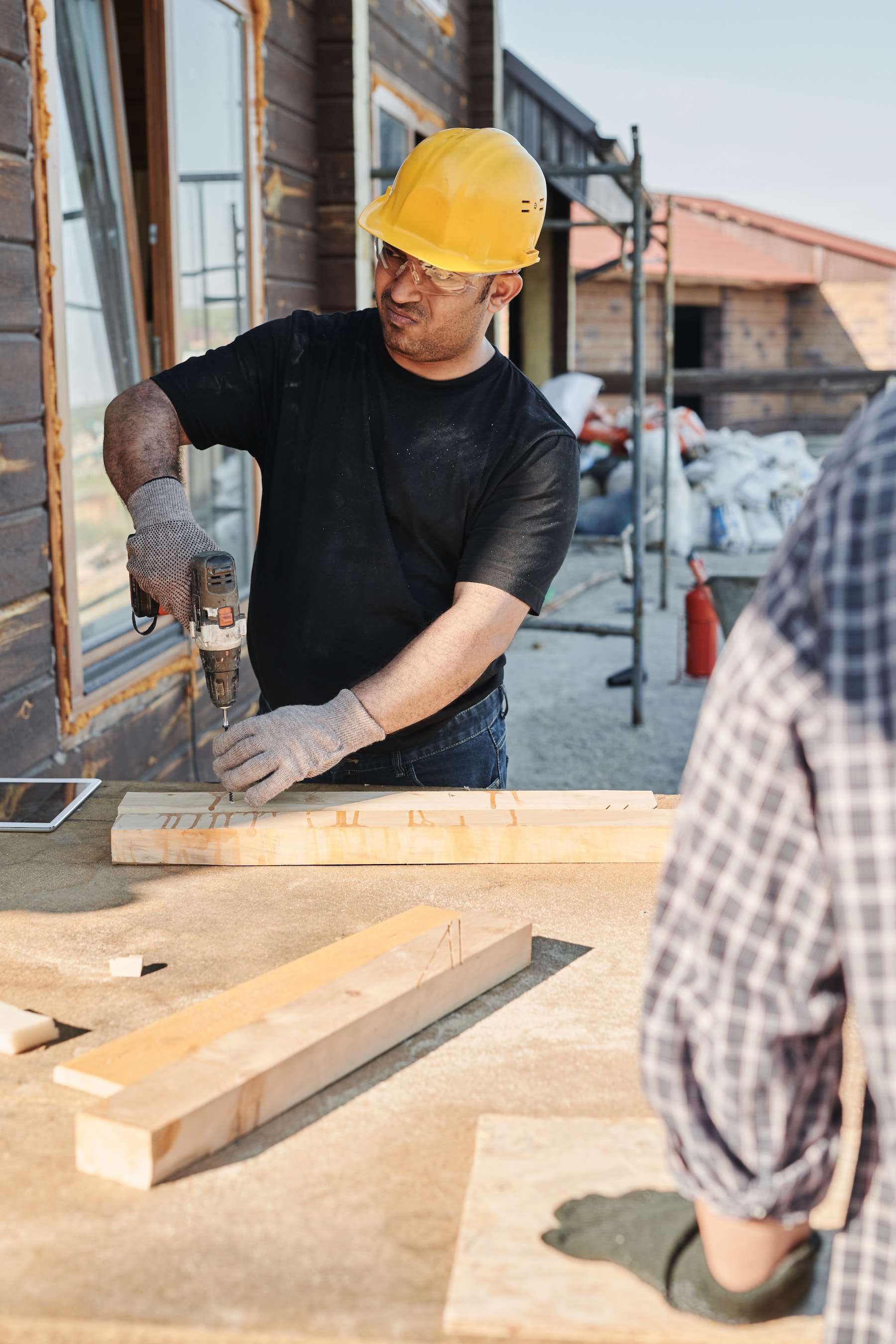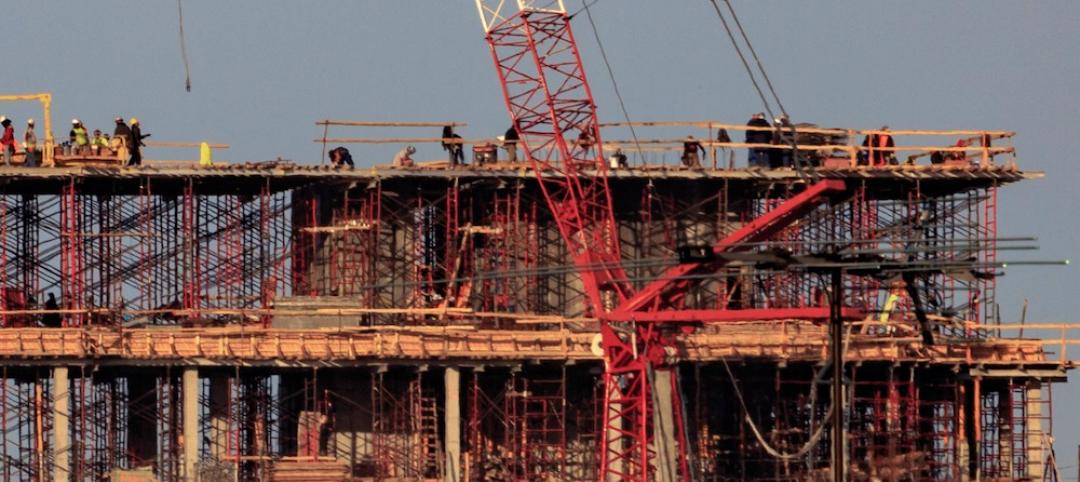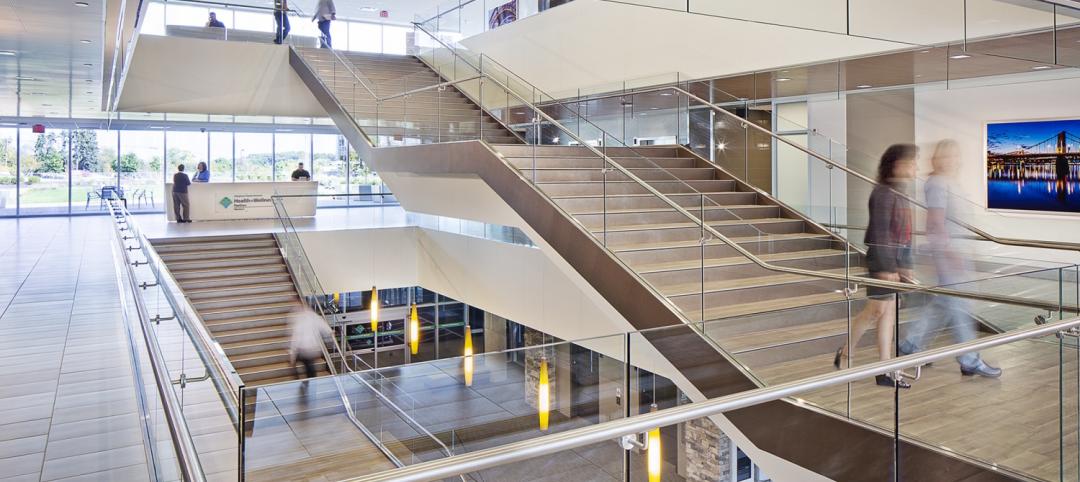The number of people living in cities could increase to 80% of the total population by 2100. That could require more new construction between now and 2050 than all the construction done since the start of the industrial revolution.
The influx of urban dwellers could be accommodated in mid-rise buildings from 4 to 12 stories tall made out of wood, according to lead author of a study by Potsdam Institute for Climate Impact Research. Wood is a renewable resource that usually carries the lowest carbon footprint of any comparable, first-time use building material, the study asserted.
Moreover, carbon stored in wood, absorbed from atmospheric CO2 via photosynthesis, makes the material a long-term carbon sink. To accommodate demand for urban housing, though, a lot of wood would be needed. Wooden cities of the future would require a 149-million hectare increase in tree plantations by 2100 and more harvesting from unprotected natural forests.
One problem, some environmentalists say, is that tree plantations have less biodiversity than natural forests. Some green advocates are also critical of harvesting more wood from diverse natural forests.
Natural, biodiverse forests are more resilient to drought, fires and disease, one environmental advocate noted, and pointed out that numerous tree plantations have burned this year as record temperatures and drought impacted many areas across the globe.
Related Stories
Building Team | May 3, 2016
Piazza in San Francisco will feature a 92-foot stainless steel statue
Made of 2,500 seamlessly-welded panels, Venus will be the centerpiece of a new public piazza containing other works of art.
Building Team | Apr 6, 2016
Evaluating the value proposition of project vendors
CBRE Healthcare's Daniel Waters has a few pointers for Request for Proposal (RFP) writers and Project Managers when it comes to handling project vendors, including clearly defining performance expectations.
Building Team | Feb 25, 2016
Long-time BD+C editor Gordon Wright, 1939-2016
Gordon Wright, whose career at BD+C spanned 32 years, passed away on February 15, at the age of 76.
Building Team | Feb 10, 2016
DBIA disputes study claiming design-build projects often delivered on time, over budget
Says study did not account for owner-initiated scope changes.
Building Team | Jan 7, 2016
4 reasons the C-suite should care about design-led construction
Lou Astorino shares four examples how a unified approach can directly help C-suite leaders achieve their organizational goals.
Sponsored | Building Team | Dec 16, 2015
How to fix 3 common mistakes AEC teams make in project interviews
In a LinkedIn post, Scott Johnson, business writing specialist at Johnson Training Group, highlights three common missteps that AEC firms make during project interviews. His insights are based on more than 90 interviews conducted with members of various selection panels.
Sponsored | Building Team | Dec 7, 2015
Why employee advocacy is key to social media success
Employee advocacy is key to boosting social media engagement, and employee advocacy is about more than just the promotion of a firm’s brand.
Sponsored | Building Team | Nov 30, 2015
5 ways to bring data into marketing and business development
Here are five ways to use data to enhance the client acquisition process
Cultural Facilities | Nov 23, 2015
BIG plans for Pittsburgh: Bjarke Ingels’ Lower Hill District master plan evokes hilly topography
Paths will be carved to create a dialogue between Pittsburgh’s urbanscape and its hilly surroundings.
Sponsored | Building Team | Nov 17, 2015
The benefits of selling your firm to employees
One business advisor recommends professional services businesses to develop a group of employees who are willing and able to buy the business
















